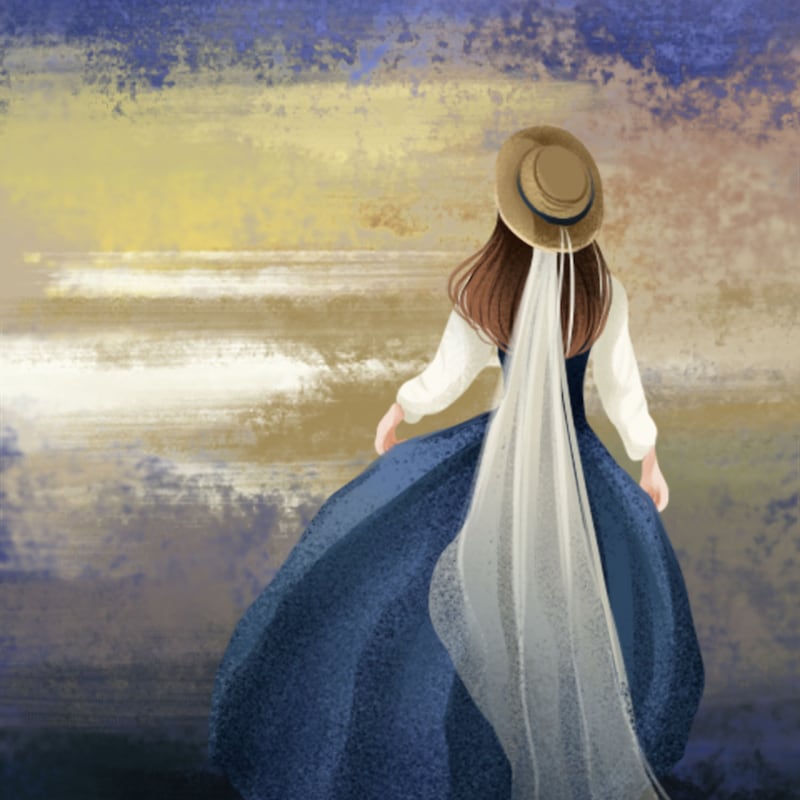Jane Eyre Book Notes
More Content On Bookey Book Summary App
This novel is a masterpiece of 19th-Century British author Charlotte Bronte. The book tells the story of how Jane Eyre, an orphan girl born of humble origins and ordinary appearance, grew into a strong, independent and self-possessed woman after going through much hardship and fighting against oppression and injustice, thus finally achieving happiness for herself. The novel is an homage to feminist ideals which affirm individual human rights, and successfully created one of the most classic feminist characters in the history of British literature – Jane Eyre.
Overview | Chapter 1
Hi, welcome to Bookey. Today we will unlock the book Jane Eyre–the masterpiece of renowned British author Charlotte Bronte.
Charlotte Bronte was born into the family of a village pastor in England in 1816. She was the third child of six, having two elder sisters, two younger sisters and a younger brother. Charlotte’s two younger sisters, Emily Bronte and Anne Bronte, were as passionate about writing as she was, and all three of them made their lasting contributions to British literature. Under the pseudonym Currer Bell, Charlotte published Jane Eyre in 1847, which made waves throughout literary circles and secured her worldwide recognition.
The book tells the story of how Jane Eyre, an orphan girl born of humble origins and an ordinary appearance, grew into a strong, independent and self-possessed woman after going through much hardship and fighting against oppression and injustice, thus finally achieving happiness for herself. Orphaned after the death of her parents at a young age, Jane lived for a time under her aunt’s roof, where she endured much bullying and oppression, before spending eight tumultuous years in an orphanage. That notwithstanding, Jane Eyre did not give up on herself, even after leading a lonely life without anyone to rely on – she continuously resisted oppression and fought tenaciously against her fate in order to pursue an independent and autonomous life, a life of freedom and equality, and finally succeeded in achieving an ideal love and living the life of her dreams.
The novel was written in mid-19th Century during the Victorian era in England. At the time, it was a patriarchal society, and women faced oppression on many fronts. Once, when Charlotte was 20 years old, she sent several short poems that she wrote to Robert Southey, a great English poet at the time, in hopes of receiving his commendation and encouragement. Yet in his letter Southey merely gave her a brusque reply, stating that "Literature is not the business of a woman and it cannot be.” Southey’s letter dealt Charlotte a huge blow, but she did not abandon her literary ambitions there and then. In order to ensure the successful publication of Jane Eyre, Charlotte used the male pseudonym Currer Bell – this went to prove how difficult the path to a career in the literary arts was for women at the time. Against such a societal backdrop, the feminist themes of courageous resistance, pursuit of equality and defence of women’s rights as conveyed in the book were extremely rare and valuable and played a significant role in promoting the contemporaneous liberation of women.



